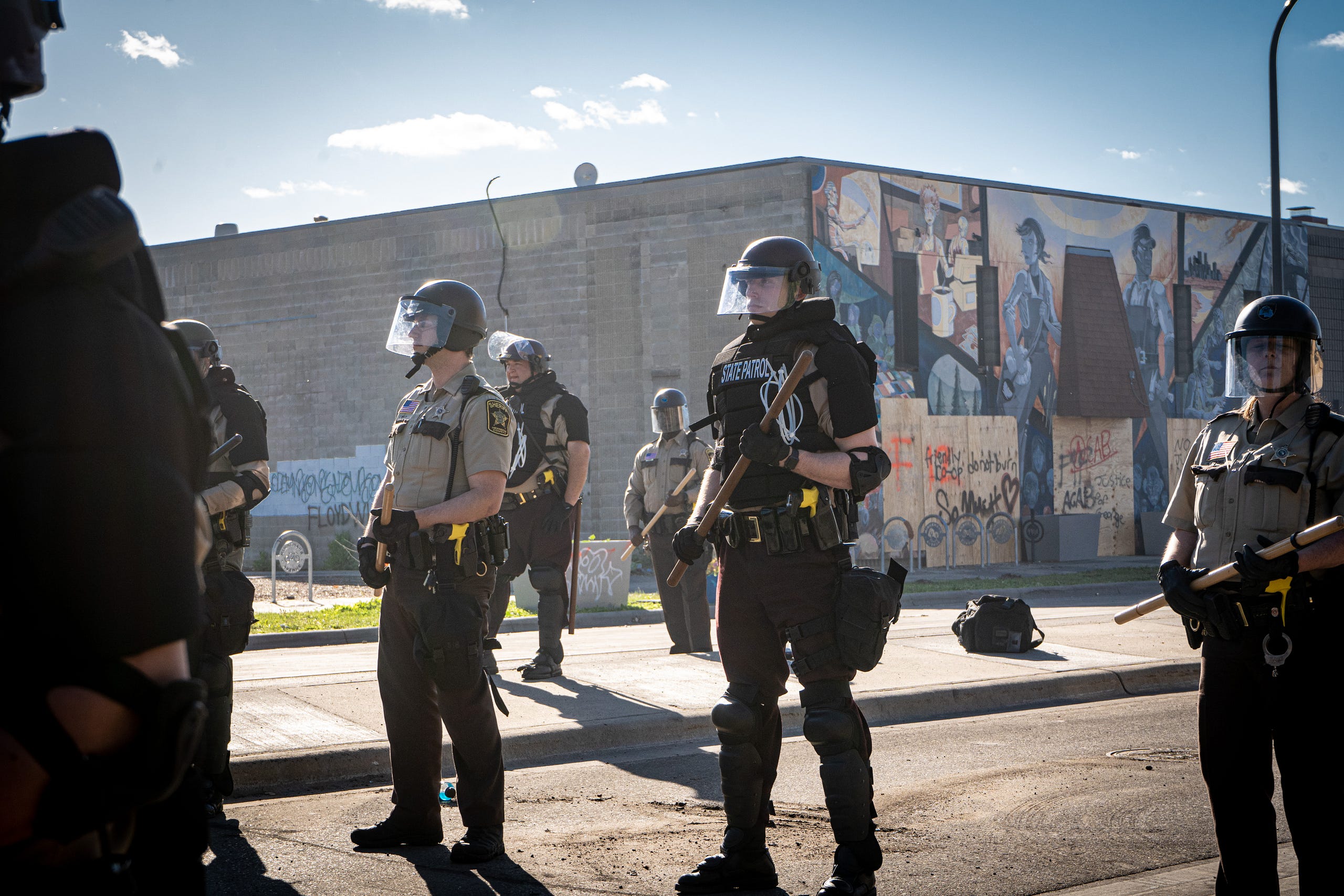What does it mean, again?

“What? How would that work?” is my first reaction to hearing “Defund the police.” I don’t seem to be alone in my initial reaction to the phrase which has become popular after George Floyd’s murder.
First off, the very concept, which is also often paired with “Abolish the police” is something which would shock people and seems extreme. Then, there’s the fact that proponents of these ideas don’t actually mean the idea that would come to most people’s mind when hearing this.
The two slogans use phrases which have specific meanings that are easily understood, but then the people who say these slogans admit that they’re not actually proposing what the slogans tell people.
“Defund the police,” to me, says that the police will no longer be funded. That’s my first impression. Likewise, to me, “Abolish the police” means just that — abolish.
“But actually, it means this” proponents say, but people who may have actually been interested have already lost interest and dismissed the slogan as being too extreme.
A slogan which reaches people should probably one of the following:
- Be so vague that it means whatever the reader wants.
- Be specific enough that it tells the audience exactly what the idea is.
“Defund the police,” does neither, at least not in relation to the most-used idea it describes; it needs clarifying because the words evoke a specific message, but that’s not the right idea that is being proposed.
An example of the first type is President Donald Trump’s “Make America Great Again” slogan. It’s so divisive because it is vague, it fires up his base who yearns for the “good old days” but makes many people who aren’t supporters think he means when women were property and lynching black people was a social event for white people. But it doesn’t matter what Trump means, his slogan reaches its intended audience.
Opinion on ‘Defund the police’
Do I agree with the idea of “Defund the police”? Kind of, it depends. Just cutting funding isn’t likely to solve problems, it may even create some, so I’m not strictly in favor of reducing police funding without other measures. I think police funds should be used more effectively and efficiently, so if that then leads to needing less funding, then those funds can be used elsewhere as proposed.
There are a whole lot of police departments in the United States, so obviously a single approach may not work for all of them. In general, I do think it would be a good thing to reduce the amount of issues police are currently relied on to deal with in the U.S., such as social issues.
The police are just one part of the problem, there are also policies which lead to over policing, abuse and police violence. Some of the issues which should be addressed are:
- Addressing the problems with for-profit prisons.
- Addressing the recidivism rate, and how prioritizing punitive sentencing rather than integrating rehabilitative practices into the criminal justice system affects the crime rate.
- Some things should be decriminalized/legalized so police resources aren’t wasted on them, namely drugs and sex work.
- I personally think that the police using resources to investigate and then arrest consenting adults who exchange money for sex is a waste of time and money which could be better used elsewhere, like stopping trafficking.
- Criminalizing sex workers means they don’t go to the police to report violence.
There should be more accountability and oversight for police and all persons in the chain of command.
I do think, however, that police need more and better training, which is mostly where I come to whether removing funding is the correct response in some cases.
I think police should be demilitarized and the issues they deal with should be reduced combined with diverting funds for more extensive training.
These are my initial thoughts, without doing any in-depth research into the issues. I’m sure there are many other measures I haven’t thought or heard of which could make policing better in the U.S.
Comments
Post a Comment